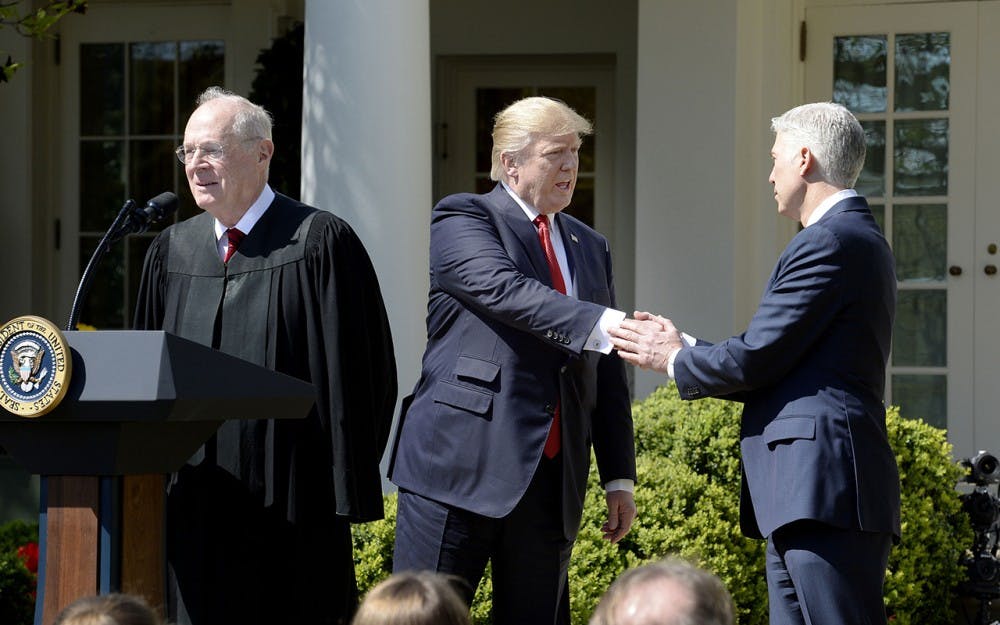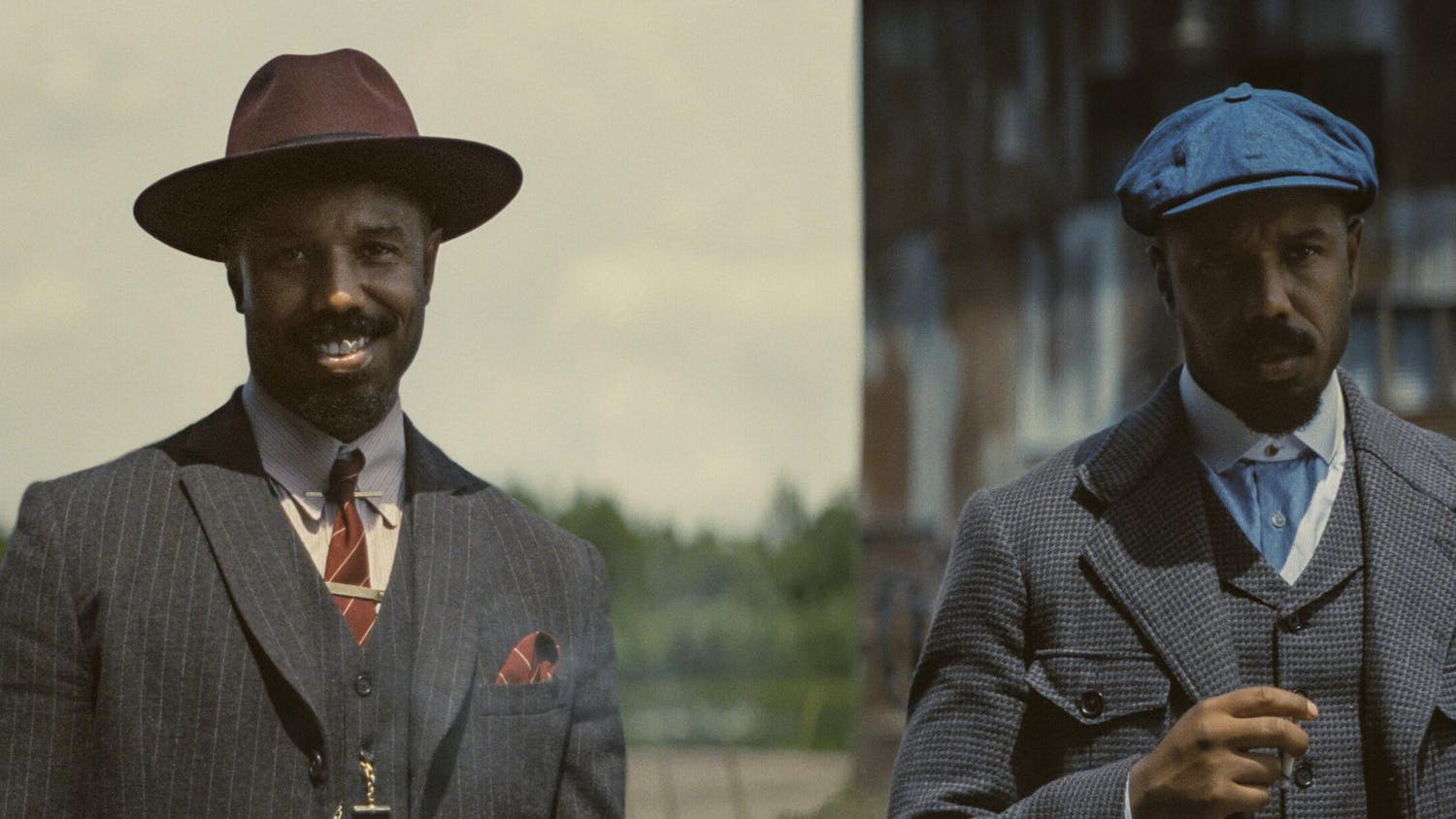Judge Neil Gorsuch became the 113th Supreme Court justice in one of the longest fights the United States judicial system has seen.
His polarizing Senate confirmation will likely divide the country more and undermine the legitimacy of the selection process in the future, IU law professor Charles Geyh said.
“The Supreme Court nomination has always been an intense fight, but this situation is bigger than ever before,” Geyh said. “I was concerned about Gorsuch — not because of a lack of qualifications, but because of the means that were used to appoint him and what it means for the future.”
Democrats tried to filibuster Gorsuch by refusing to get him to the 60 votes he needed for approval. In response to this, Republicans unleashed the “nuclear option,” a rule change that made a simple majority enough to clinch him the seat.
The act of filibustering Supreme Court nominees, where the opposing party speaks at length to prolong the process and get their point across, is also now dead.
“A bigger question I have is for the lower levels in the judicial system, where there is an increasing number of vacant roles,” general practice attorney Greg Bowes said. “These complicated choices do nothing but challenge the legitimacy of the Supreme Court and the courts below it.”
The search for a new justice began in Feb. 2016, when justice Antonin Scalia died and left a spot on the Supreme Court.
President Barack Obama chose Merrick Garland, a chief judge for the U.S. Court of Appeals, to replace Scalia.
Republican senators refused to vote on the nomination, arguing that the next administration should choose a justice instead.
The holders of office changed as the with last year's election. President Donald Trump picked Neil Gorsuch on Jan. 31 after Garland’s selection expired. This ended a 293-day Supreme Court nomination process, the longest in the country’s history.
“The process of appointing Supreme Court justices has always been crazy political,” Geyh said. “But it wasn’t until the late 20th century that ideology started playing a role.”
Since the 1980s, when Ronald Reagan nominated Judge Robert Bork for the Supreme Court and the Senate rejected his choice, liberals and conservatives have consistently been trying to stall out and defeat the nominees of the opposing party, Geyh said.
“They’re changing the rules to make life miserable for the nominee,” Geyh said. “It’s gotten so polarized that there’s no room for the Senate to agree on consensus nominees, which can go a long way to avoid having a big battle on their hands.”
The polarization, which is fueled by parties bending the rules to manipulate results in their favor, is an unfortunate backdrop for individual Supreme Court appointees, Bowes said.
Bowes said Gorsuch and Garland were both qualified for the position, but the real problem was in the consequences. Many people will never be able to look at Gorsuch’s decisions and service without questioning his appointment. It doesn’t matter how competent, conscientious and hard-working he will be.
Both Geyh and Bowes said this problem can potentially get worse on all levels. A system that is supposed to be impartial and unconcerned with political ideology is increasingly becoming the opposite.
“This adds a new and more aggressive dimension to our system,” Geyh said. “On all levels, it’s going to be a mess.”




